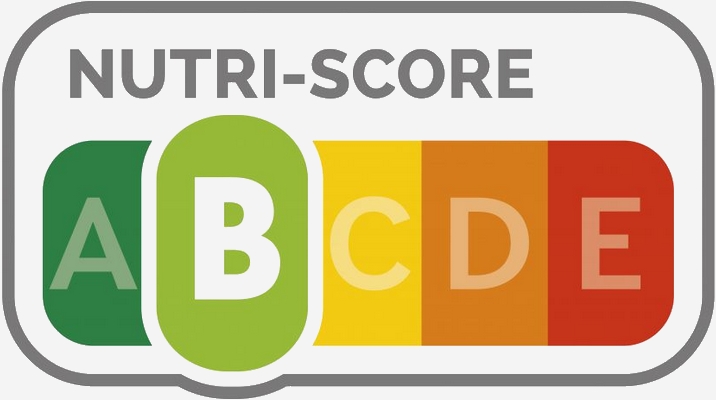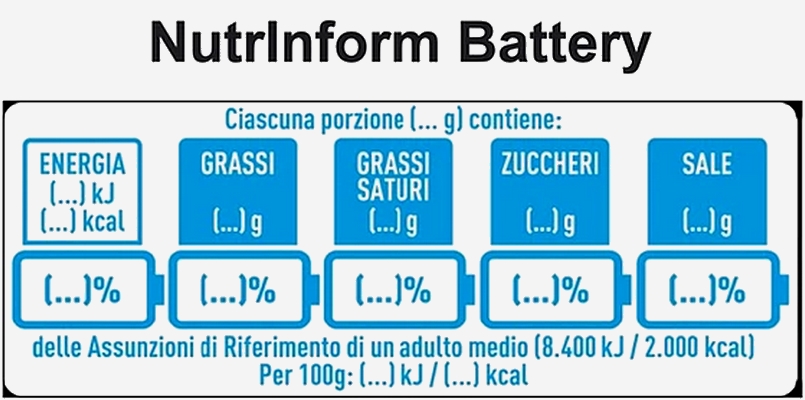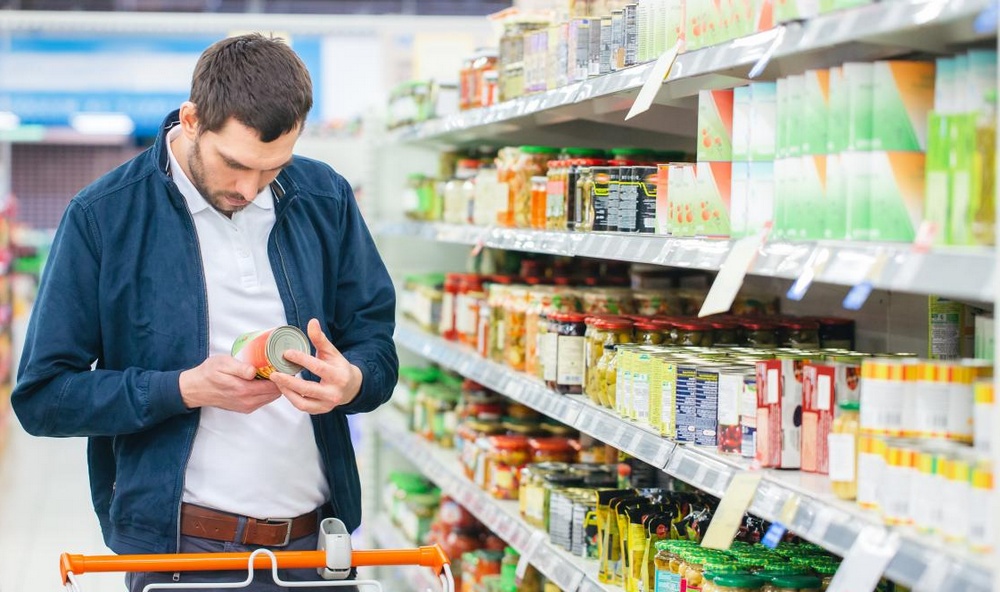Respect for your privacy is our priority
The cookie is a small information file stored in your browser each time you visit our web page.Cookies are useful because they record the history of your activity on our web page. Thus, when you return to the page, it identifies you and configures its content based on your browsing habits, your identity and your preferences.
You may accept cookies or refuse, block or delete cookies, at your convenience. To do this, you can choose from one of the options available on this window or even and if necessary, by configuring your browser.
If you refuse cookies, we can not guarantee the proper functioning of the various features of our web page.
For more information, please read the COOKIES INFORMATION section on our web page.


 Since the publication of this report, press articles and arguments have appeared defending different viewpoints, most often based on technical arguments or the need to protect traditional products. In March 2021, Nutri-Score advocates launched an
Since the publication of this report, press articles and arguments have appeared defending different viewpoints, most often based on technical arguments or the need to protect traditional products. In March 2021, Nutri-Score advocates launched an  Like the Nutri-Score, this system is voluntary for Italian food companies and proposes a logo that indicates the amount of energy, fat, saturated fatty acids, sugars and salt contained in a portion of product. The battery symbol indicates the percentage of energy and nutrients provided by a serving of product in relation to their daily nutritional recommendations.
Like the Nutri-Score, this system is voluntary for Italian food companies and proposes a logo that indicates the amount of energy, fat, saturated fatty acids, sugars and salt contained in a portion of product. The battery symbol indicates the percentage of energy and nutrients provided by a serving of product in relation to their daily nutritional recommendations.




























